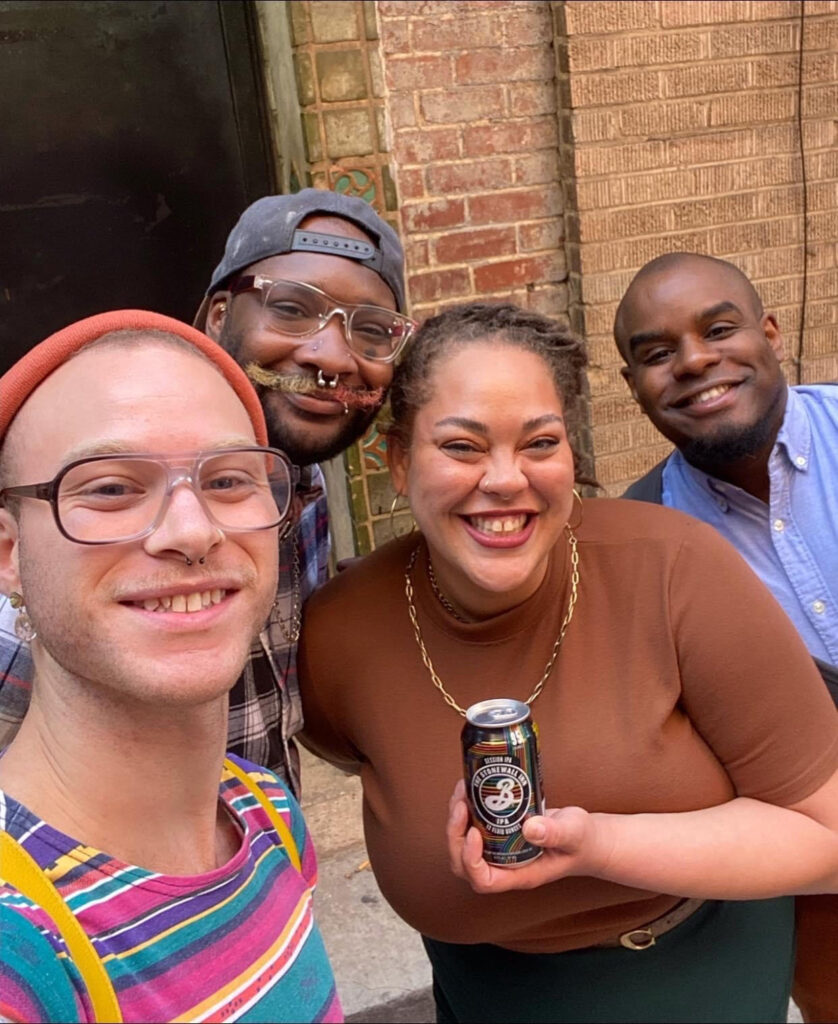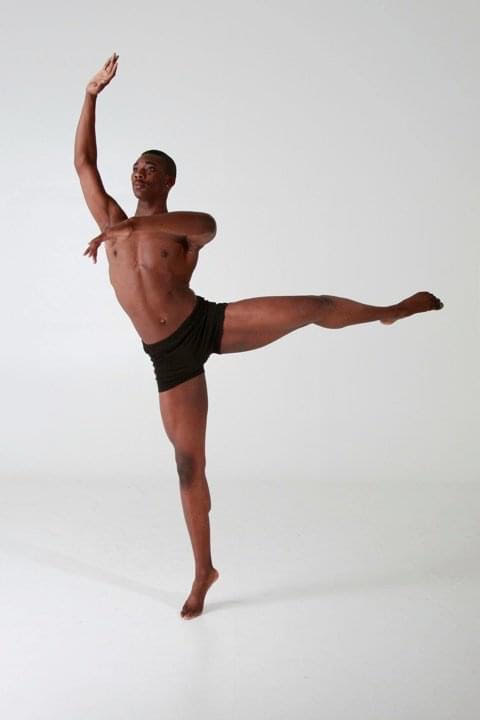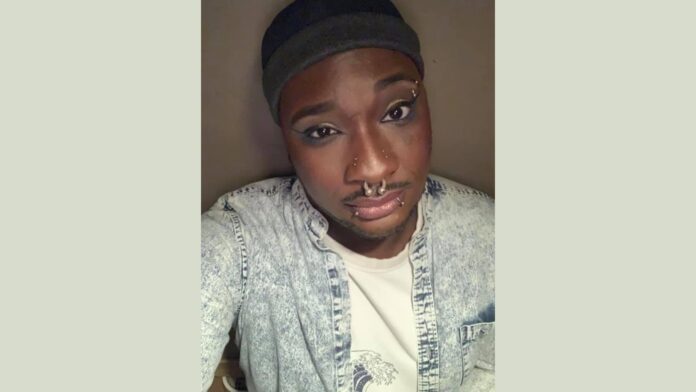Winter solstice is the longest night of the year. The sun sets earlier than would ever seem logical and nature’s darkness envelops us before we want the day to end, before we’re ready for it to be over.
This year’s solstice preceded a long weekend for some of Philadelphia’s LGBTQ+ community as friends remembered Maso Mutt, who died by suicide on Dec. 22, 2022. This year marked the first anniversary of their passing — and friends still feel the warmth of their presence.
They described Maso as a “burst of sunshine,” whose whimsical energy was an antidote to life’s hardships. “Maso was a pillar of light,” said Diamond Anthony. The two met when Anthony first started exploring the leather community. “They were encouraging and wanted to see everyone happy and being their authentic selves and living life to the fullest,” they added.
Leather bars and events have historically been dominated by white and cis men, but Maso — who was also described as a revolutionary — helped transform that culture by producing contests and hosting events that honored diversity, welcoming people who might not otherwise feel comfortable in those spaces.
Maso’s love for others made them protective of people’s joy, and they weren’t afraid to ask longtime patrons at Bike Stop — the gay leather bar where they worked — to leave if they were disrupting that mission. This created access to community that some say wouldn’t have existed without Maso.
“They provided me with such a safe space — not just at the Bike Stop — but also a safe space to find a confidant, a friend, someone to lean on when I needed to talk,” Anthony said. Others echoed that sentiment, highlighting Maso’s generosity and compassion.
Maso, who was also known for their efforts as an activist, helped organize Pride 2022 and constantly advocated for the most marginalized community members. Once, after a long day of protests during the summer of 2020, Maso invited Anthony — who was interested in latex but hadn’t yet explored that interest — to try on latex gear. Anthony roared with laughter recalling how the two joked and strutted before Maso gifted Anthony their first piece of latex clothing, a red zip-up top, which they still own.
“It was so moving to be in the middle of all that chaos and take a moment together for self-care,” they said. Anthony, who became the first Mx. Philadelphia Leather in 2020, started the Maso Mutt Legacy Fund, which supports Black and Brown LGBTQ+ people in their exploration of leather, latex or kink practices.
“It really made me proud to have someone who was always rooting for me,” they said, explaining that Maso’s encouragement helped them explore their own identity. “Chosen family is so important.”
“I was blessed to be a part of that chosen family,” said Tahnee Simone, a community advocate who was Maso’s longtime friend and their housemates at the time of their passing.

“We felt for each other. As two big, Black jawns in the world, we knew that our bodies to others would look like strength, like resilience, like fierceness — all the things we love to idealize and idolize in our queer heroes,” Simone said. “Underneath it all, we’re just tender little things.”
“Both of us had histories of watching [people] — especially the Black, femme folks — in our lives work tirelessly and feel unseen and unvalidated and still keep going and still keep trying,” they explained. “It’s kind of like using that resilience until the rubber band wears out.”
“Grief can be complicated,” Simone added. “A year later, I’m still trying to envision what it means to move forward in and with their memory.”
A diverse group of friends from all over the world gathered for a memorial at the Bike Stop in January 2023. All three levels of the bar overflowed, and the alley beside the venue “was flooded with people sharing memories,” Simone said. Mourners placed cups of Maso’s favorite bourbon, handmade art, bundles of rope and other items on an altar to signify aspects of Maso’s life.
Ebony Ali, another friend of many years, said Maso developed deep connections with diverse groups of people through their willingness to try new things and desire to support others in their search for authenticity. Maso was everywhere — “from book clubs to bars to picnics and at events in cities all over the country,” she said. Maso was also passionate about the pup/handler community. They came to Philadelphia to pursue dance and attended University of the Arts.
“When you start opening yourself up in your heart to different experiences, it’s easy for you to meet all kinds of people,” Ali added. “They had a selfless compassion for not just friends and family but the community as a whole.”
“But Maso is not just a beacon,” she underlined. “When people have this kind of a light about them, other people treat them like they’re superhuman, but they’re a person too.” She said organizers, leaders and caregivers deserve balance, explaining that they need rest and space and to receive the same care and compassion they give to be returned back to them.
“And that’s not a lot to ask for,” she underlined.
“Check in on people, and be very intentional about it,” added Anthony, who used to bring meals to Maso and offer other small acts of kindness. They underlined that a quick phone call or walk could offer someone the simple care they need when they’re going through a hard time.

“Together, we were dreamers,” said Tyrell Brown, explaining that Maso yearned for more unity and solidarity among organizers. “For people who have that creative and compassionate lens and approach to everything they do, the world can feel untenable.”
Brown worries about good-hearted people who could get exploited, become the victims of gossip, suffer from burnout, or otherwise get hurt during their attempts to step up and make the world a better place.
“It often seems like there’s a lot of us in [the] community, but there’s only so many who take up the challenge of leadership — and we can be very irresponsible with each other,” they added.
“It’s a lesson in consent,” they noted, explaining that community members should try to create safer spaces where dysfunction doesn’t guide decisions. Brown wants people to remember that negativity and tension can be handled sensitively, in a way that’s more respectful than some of the harmful dynamics that can emerge during conflict. Maso’s legacy reminds them to lead in a different way.
“Their number one power was compassion and love,” said Brown, whose friendship with Maso spanned more than a decade and validated their own journey of self-reflection.
“I really want to be that for more and more people every day — a space for forgiveness and compassion,” they said. “If I could take the spirit of who they were and sprinkle it across the city, the city would be such a beautiful place. I think it would be a space where people could truly thrive and be exactly who they are.”

